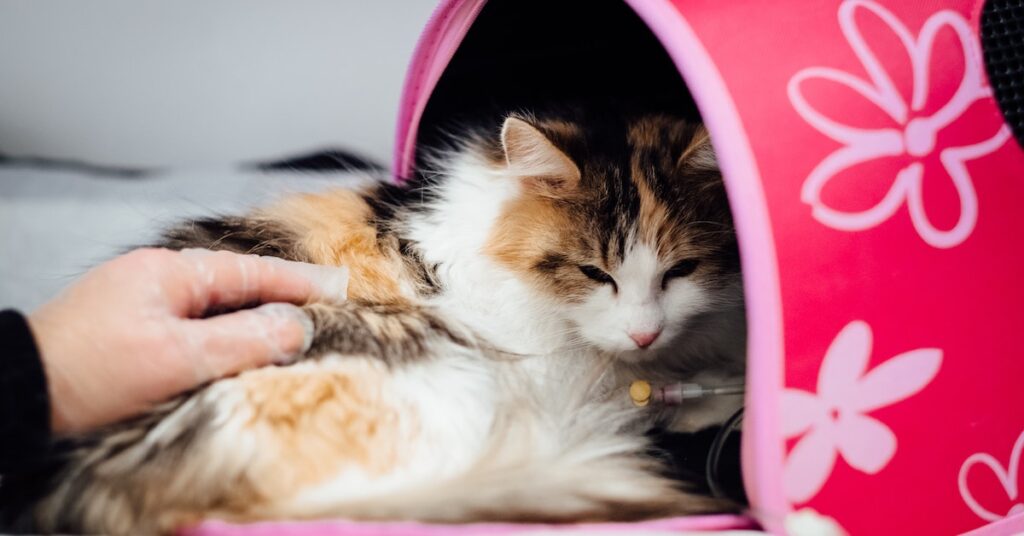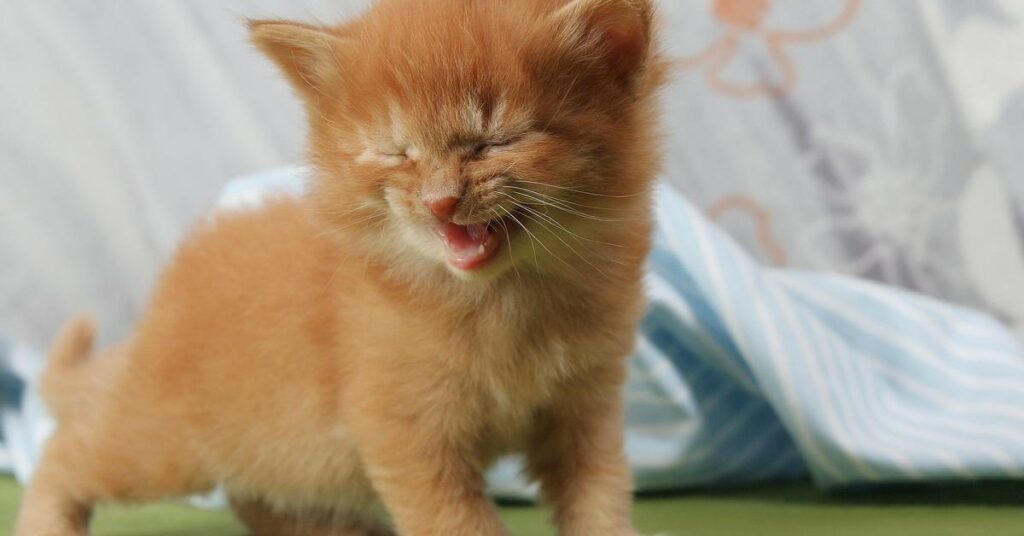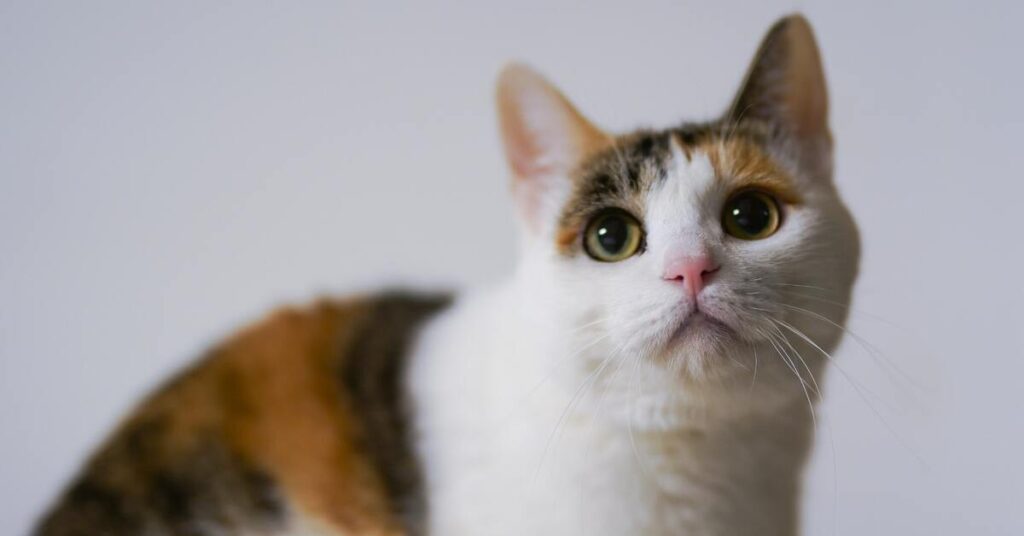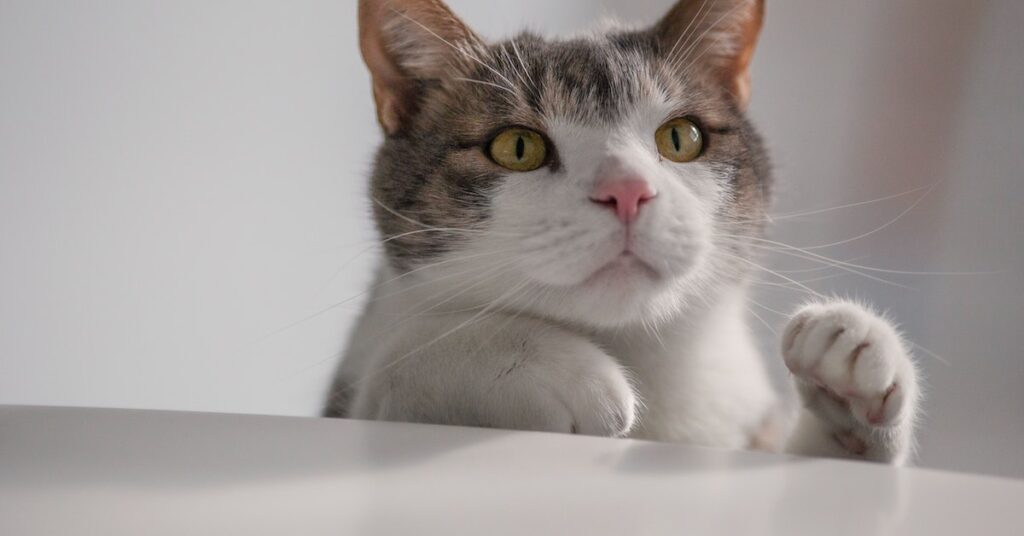There are several cat urinary tract infection home remedies that can help your kitty. Some of them include glucosamine, chondroitin, juniper berry, and Tinkle Tonic. But which ones work best? Let’s take a look at each of them and see which one works best for your kitty. You can also try other natural treatments that will improve your cat’s health and well-being.
Glucosamine and chondroitin
If your cat has symptoms of a UTI, try glucosamine and chondroitin as a home remedy. These supplements coat the bladder lining and reduce inflammation, which can help your feline friend get rid of the infection more quickly. If your cat is crying out in pain, you may need to consult a vet. Glucosamine and chondroitin as home remedies for cat urinary tract infection are natural supplements that can be administered to help your feline friend get back to normal life.
Glucosamine and chondroitine are popular supplements for cats and dogs. They improve joint mobility and cartilage function. Glucosamine and chondroitin are especially effective for cats, who often experience pain and inflammation when using anti-inflammatory medications. Chondroitin helps repair the bladder wall, which is the root of the cause of UTI. For each ten pounds of your feline friend, administer 50 mg of glucosamine or chondroitin every day. This may reduce your cat’s symptoms and help you keep the infection from returning.
Glucosamine and chondroitine as home remedies for cat urinary tract infection can also help prevent recurrence of the condition. These supplements can help hydrate your feline friend and reduce the swelling and inflammation caused by a UTI. While the antibiotics kill the bacteria, they should be administered only after consulting a veterinarian. Glucosamine coats the urinary tract lining, which makes it more resistant to infection. During an infection, the GAG layer thins out and exposes the bladder lining to irritation.
Glucosamine and chondroitine are found naturally in the body and may be taken as supplements. Supplements may vary in concentration. Some contain 250 mg of glucosamine and 200 mg of chondroitin, while others contain 400 to 500 mg. Glucosamine supplements for cats are available in sprinkle capsules, which contain 125 mg each.
Read more about How Often Do You Take a Cat to the Vet?
Juniper berry
Juniper berry is an antibacterial, antifungal, and diuretic plant that has a number of benefits for cats with a urinary tract infection. The berries’ volatile oils increase kidney filtration rates, which helps the body clear the infection. Juniper berry is one of the most popular home remedies for cat urinary tract infections. Adding juniper to your cat’s diet may also help.
Juniper berry is available in many forms, including supplement, tincture, and tea. You can make a tea by steeping 1-2 teaspoons in a cup of water, cover it, and then drink it in the morning and evening. Juniper is sometimes combined with other herbs to create a more effective remedy. You can also use a tincture of juniper berries to treat your cat’s urinary tract infection.
Read more about Why Do Cats Bite Their Nails?
Glucosamine
Glucosamine can be a great choice for treating your cat’s urinary tract infection. Glucosamine has been shown to improve the health of joints and is an anti-inflammatory. It is often recommended for senior cats and those with joint problems. It can be purchased in most pet stores and is completely safe for your cat. It is important to consult your veterinarian if your cat is suffering from bleeding or is experiencing other symptoms.
Glucosamine is a natural ingredient that coats the lining of the urinary tract and may also help prevent inflammation. The substance also helps prevent crystal formation. Glucosamine coats the bladder lining and can help reduce the risk of recurring infections. The substance can reduce the symptoms of a UTI and can be administered in a variety of dosages. However, glucosamine is only beneficial for cat urinary tract infections when used in the proper dosage and frequency.
Symptoms of a UTI in cats include a decrease in appetite and decreased urination. In addition, cats suffering from a UTI may also pee blood or lick their genitals in pain. They may also be lethargic and clingy. A visit to the vet may be necessary if the UTI has progressed to the stage where your cat needs antibiotics.
The best way to treat a cat’s urinary tract infection is to visit a veterinarian. A veterinarian can perform a physical examination and perform urinalysis to determine if your cat is suffering from a kidney disease. A veterinarian can also do bloodwork to determine whether the kidneys are the culprit. A veterinarian can also prescribe a suitable treatment that will address your cat’s specific case.
Read more about Reovirus Infection in Cats, you should Care About
Tinkle Tonic
Animal Essentials offers an effective glycerin-based tincture called Tinkle Tonic, which can be administered to a cat to treat a urinary tract infection. This tincture is much more appealing to a cat than other liquid medications. It contains a blend of herbs known to support the bladder and reduce inflammation. Other ingredients in the tonic include marshmallow root and cranberry. These ingredients are easy to administer in small doses, usually 1/2 ml, two to three times a day.
For the treatment of a cat urinary tract infection, the tincture contains herbs that support healthy urinary tract function. This formula contains marshmallow root extract, which helps in the removal of stones and obstructions. It also contains echinacea, couchgrass, dandelion, and horsetail extracts. This herbal remedy is gentle on the stomach and is made from sustainable sources. When applied, it should be given to the affected area.
A bacterial UTI is an emergency condition that can be difficult to treat, and sometimes requires urgent medical attention. Luckily, natural treatments for cat urinary tract infections can relieve pain and discomfort, and prevent recurrence of the infection. As a cat owner, you need to know the symptoms of cat urinary tract infections. This infection can affect any part of the urinary system, from the bladder to the kidneys. It can affect any part of the urinary tract, and may look similar to a bacterial UTI.
Cats are territorial creatures and may be stressed or frightened when a human or another animal enters their space. By urinating, they may mark their territory. However, if a cat develops a urinary tract infection, the infection will be bacterial. Infections in the urinary tract are caused by the buildup of struvite crystals in the bladder and an inflammation of the urinary tract. Both male and female cats are susceptible to bacterial infections, but female cats are less likely to suffer from urinary tract blockage than males.
Glucosamine + chondroitin
Liquid glucosamine and chondroitin for cat urinary tract infections are easy to administer. Each dose contains between 260 and 500 mg of glucosamine and chondroitin, depending on the brand. Glucosamine and chondroitin supplements should be given as a single dose or as a supplement, with or without food. A loading dose is recommended to jump-start glucosamine’s action in the body. Maintenance doses are typically one to two ml per day.
Glucosamine and chondroitin are natural components of cartilage and are helpful for promoting good health in both cats and dogs. The supplements help maintain cartilage and improve mobility. They also have an anti-inflammatory effect. Glucosamine + chondroitin is one of the most common joint supplements for dogs, and they are available over-the-counter. It’s important to consult a veterinarian before using this supplement. It’s not FDA-regulated, and its dosage may be different from the one recommended by a veterinarian.
Studies have shown that glucosamine helps replace GAG in the mucous lining of the urinary tract. These supplements can also protect the body against certain urinary problems and diseases. Although these benefits have not been proved medically, veterinarians have found anecdotal evidence that glucosamine + chondroitin may help relieve symptoms. A veterinarian’s prescription is important, as these supplements may take two to six weeks to show their therapeutic benefits.
Several studies have shown positive results using glucosamine + chondroitin for symptomatic treatment of cat urinary tract infection. One study even showed that oral glucosamine may help with Feline Interstitial Cystitis, a form of chronic cystitis in cats. The researchers looked into the effects of N-acetyl glucosamine on plasma and urinary glycosaminoglycan levels in cats with idiopathic cystitis.
Read more about Cat Urinary Tract Infection – Causes and Treatments








